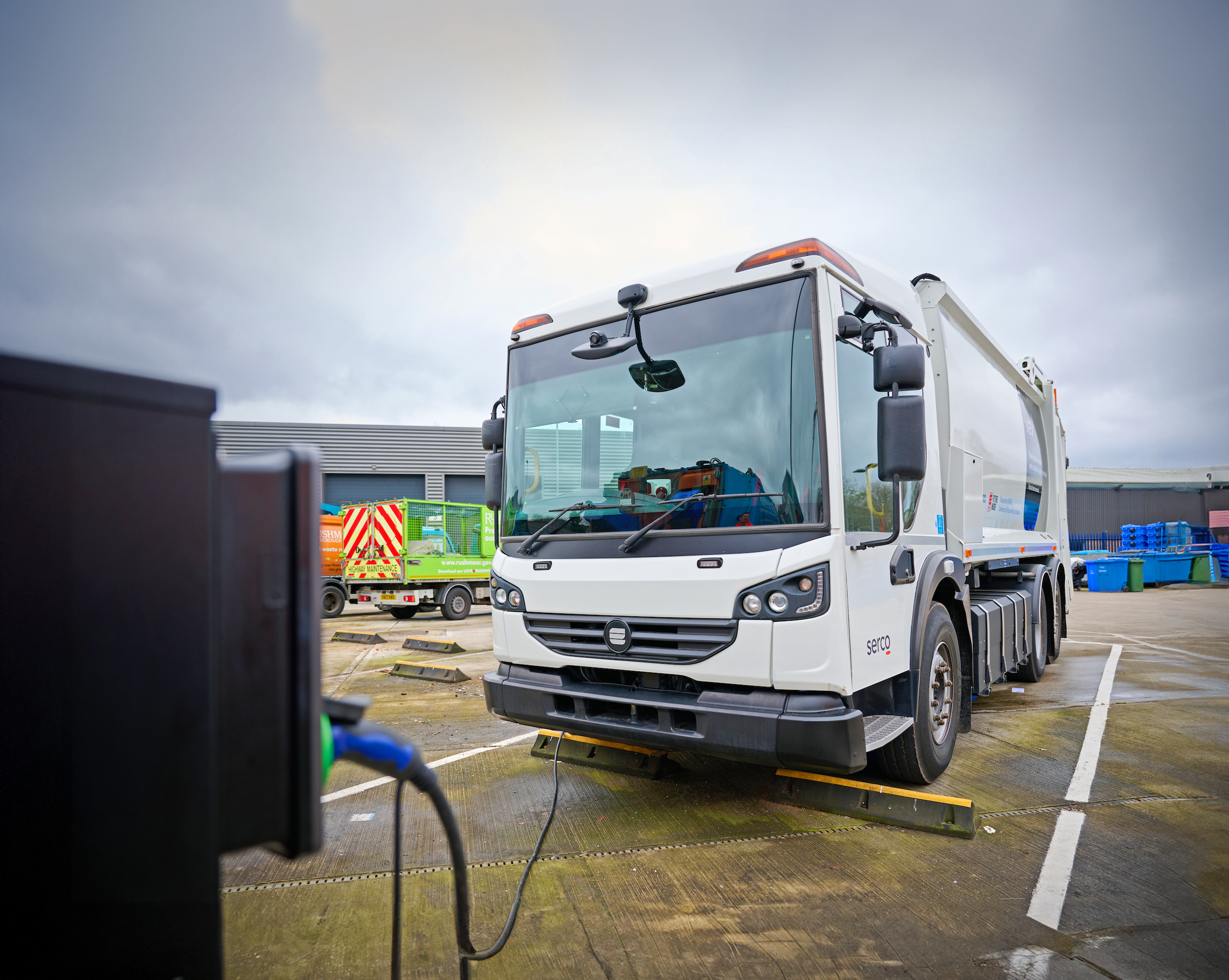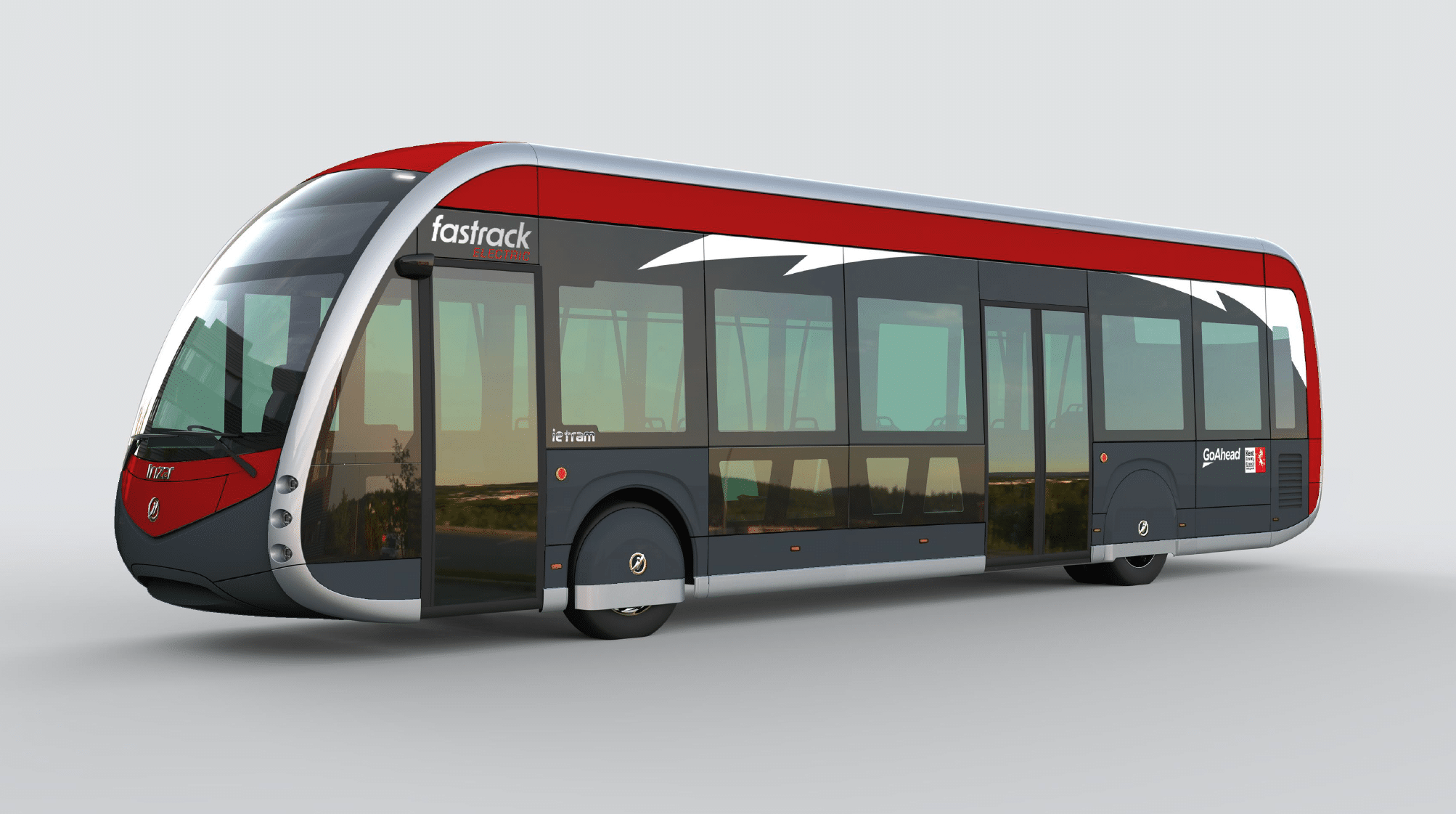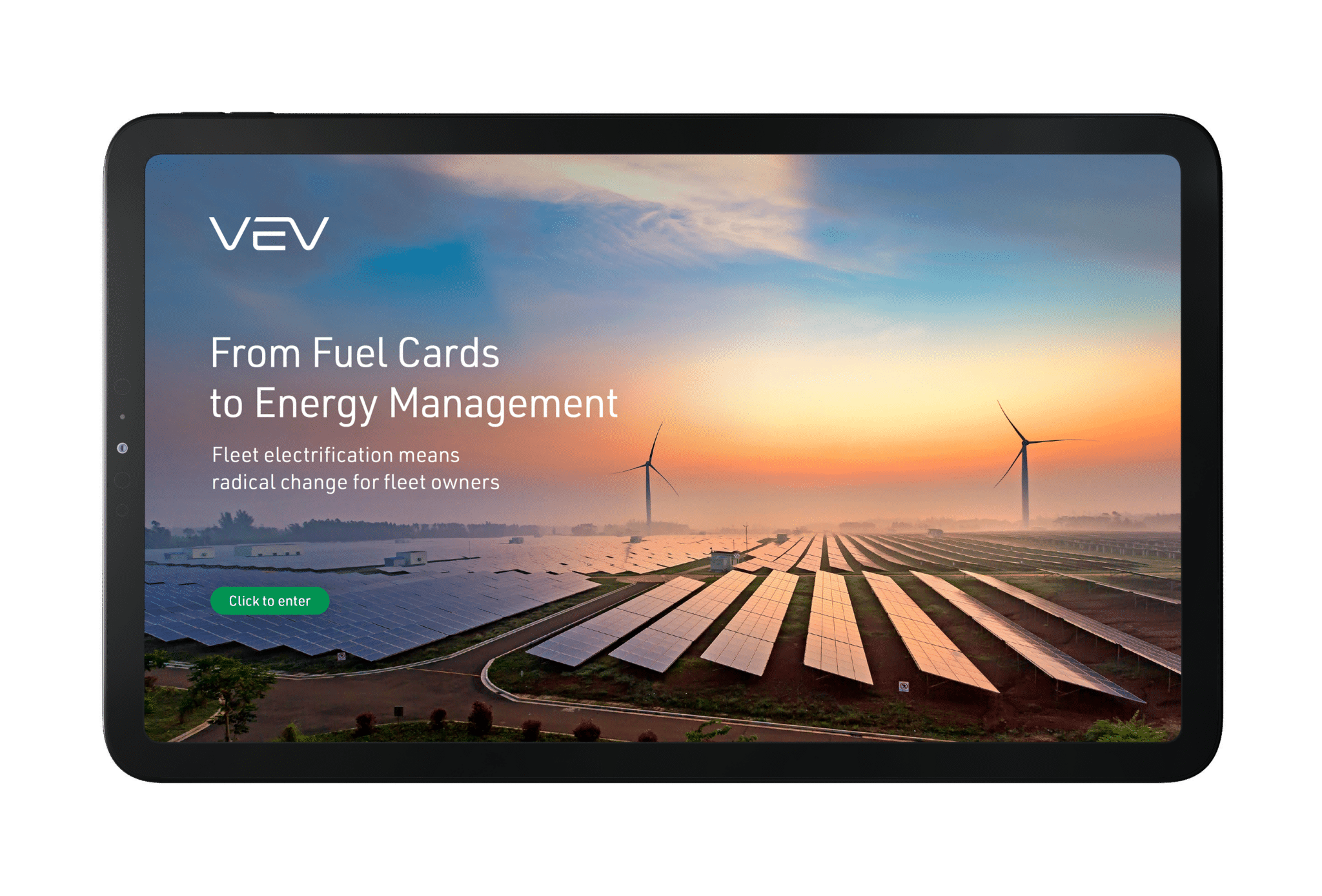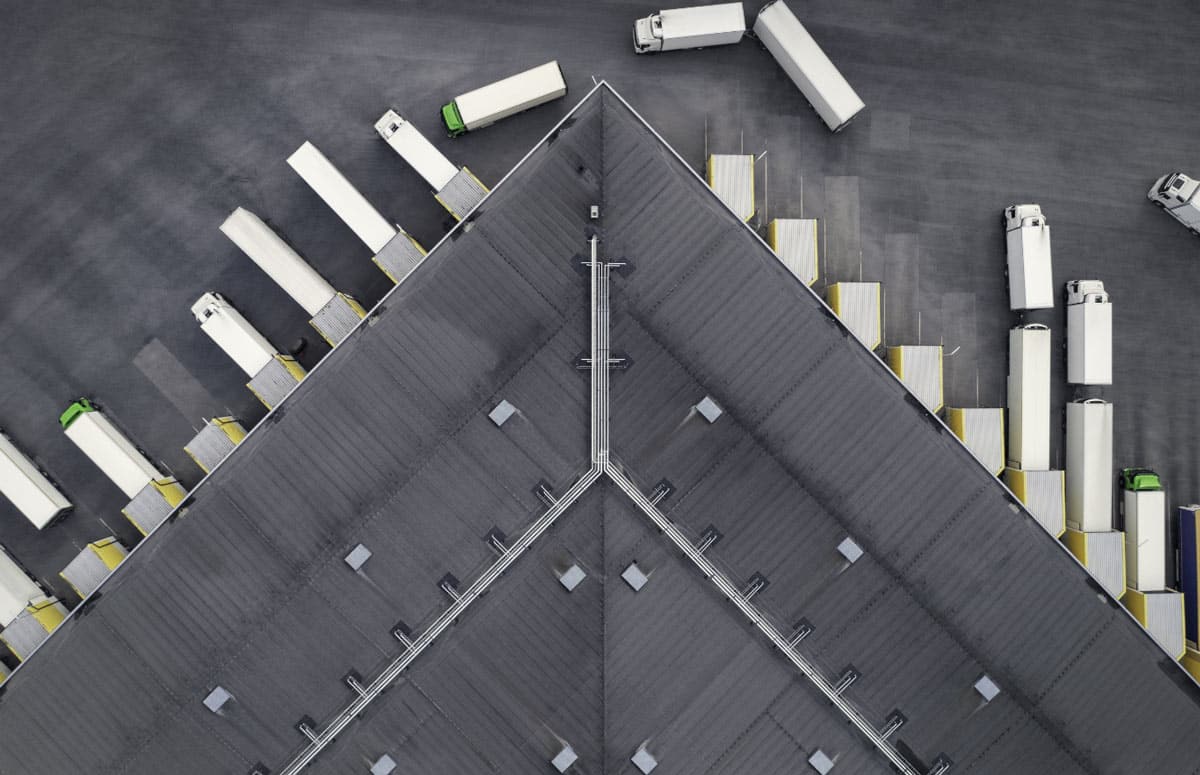Local Authorities and Fleet Electrification
Fleets are a major contributor to Council emissions and a priority for decarbonisation to meet tough climate emergency targets.

Large Fleets in Urban Areas Include Waste Collection & Buses
Whether owned or outsourced, diesel fleets are being electrified to reduce Scope 1 and Scope 3 emissions and improve local air quality.
Buses are leading the way. Electric RCVs (refuse collection vehicles) are following as prices reduce and pilot schemes prove feasibility. Electric vans and other vehicles are readily available for transition. As the vehicle technology arrives are your depots ready?
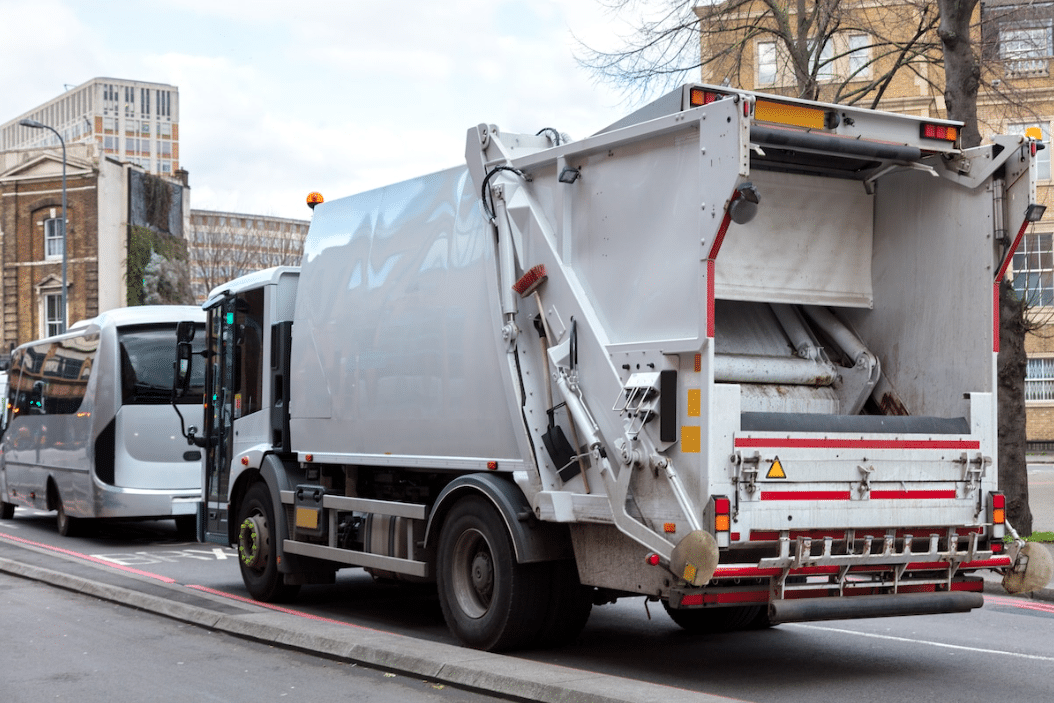
Financing the Transition
TCO is the model to calculate the cost of an electrification transition project, taking account of vehicle supply, the lower running costs of an EV fleet compared to diesel and allowing more innovative and longer-term financing. A managed service for EV fleets can also be utilised – where the upfront capex investment is transferred to monthly costs as opex.
It is worth comparing the cost of vehicle decarbonisation with other climate initiatives undertaken.
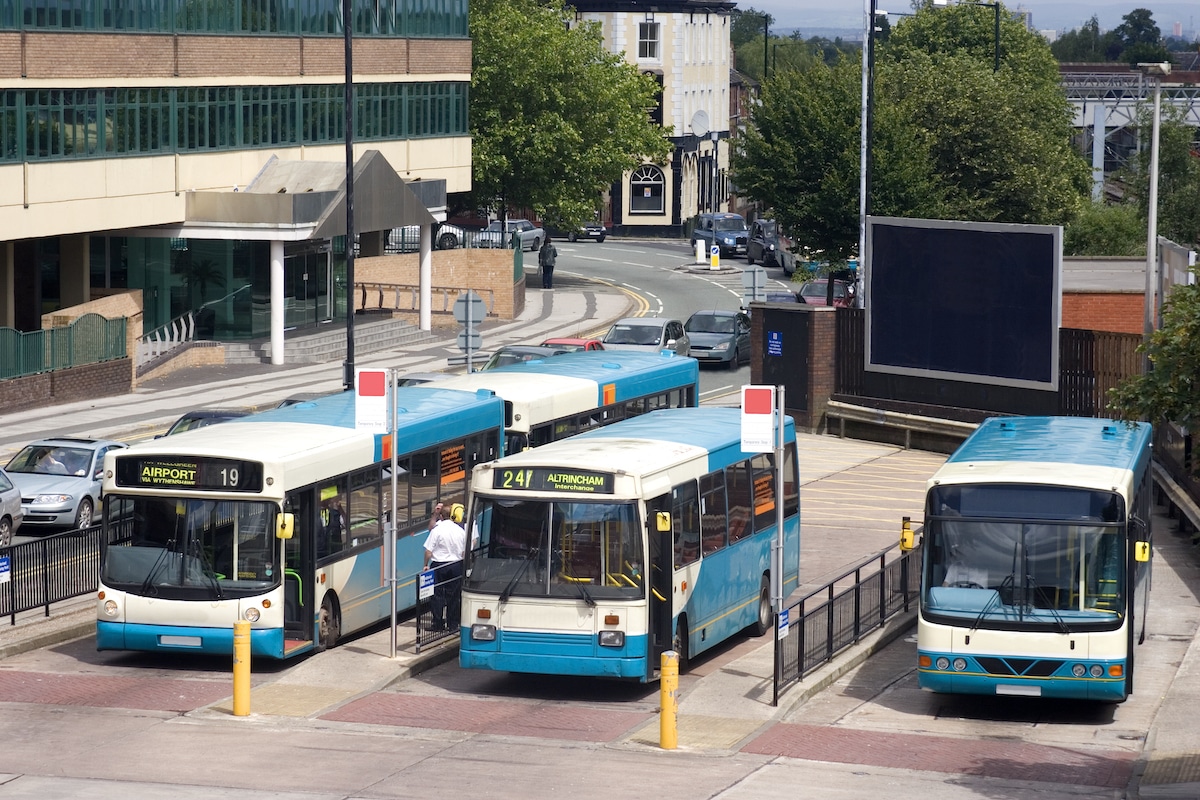
Key Considerations
Multiple stakeholders
We’ll manage the complexity, working with your fleet electrification team from fleet management, site facilities, service delivery, climate and commercial to plan, build and optimise your EV fleets.
Power strategy
Depot power is a critical factor to be considered in the early planning phase. We can reduce your power demand from the grid with a micro-grid comprising solar power, battery storage and smart charging.
Digital first approach
Fleets must be willing to embrace the change and adjust operations to achieve the benefits and economies of scale. EV fleets are managed through data insights using new digital tools.
